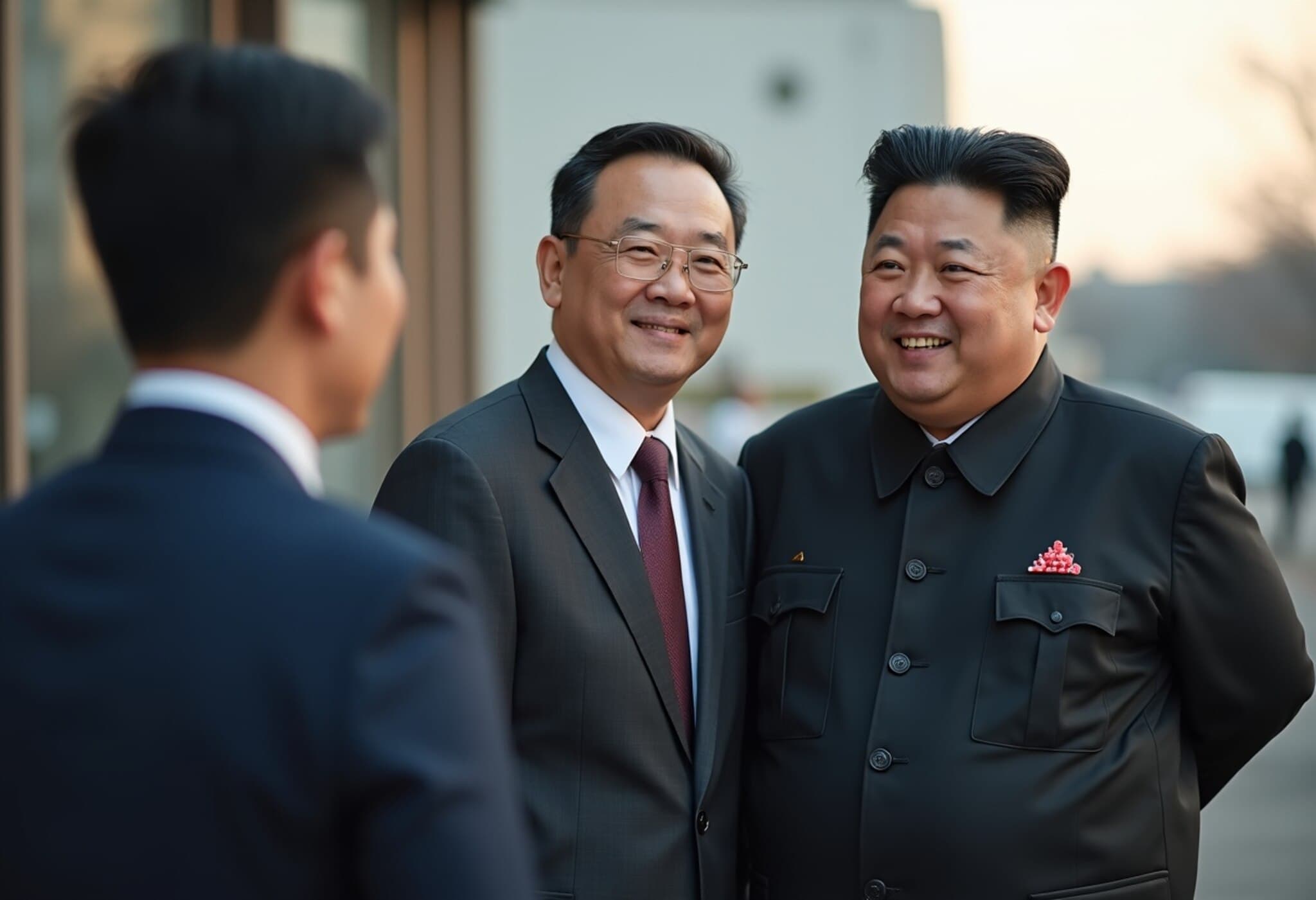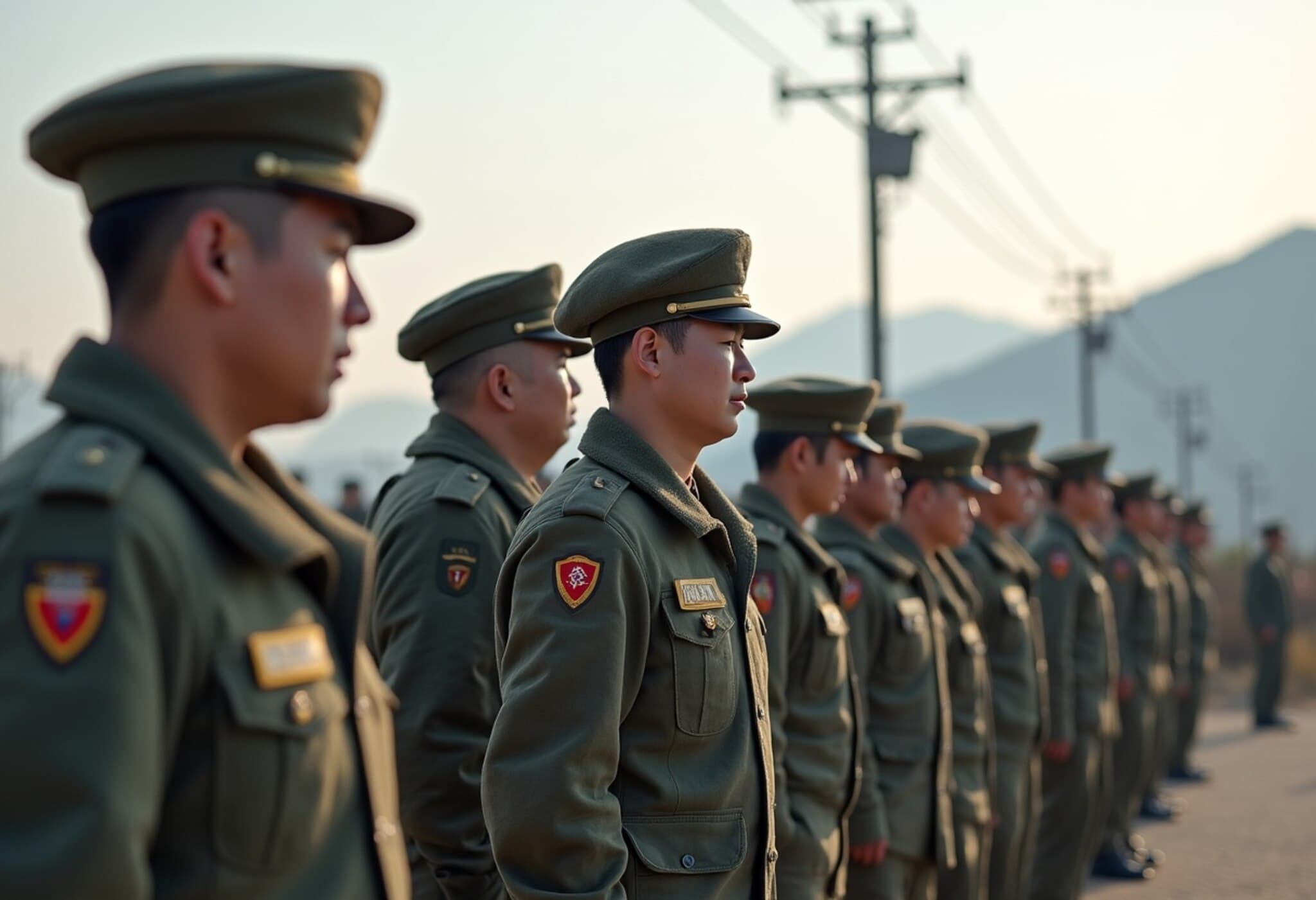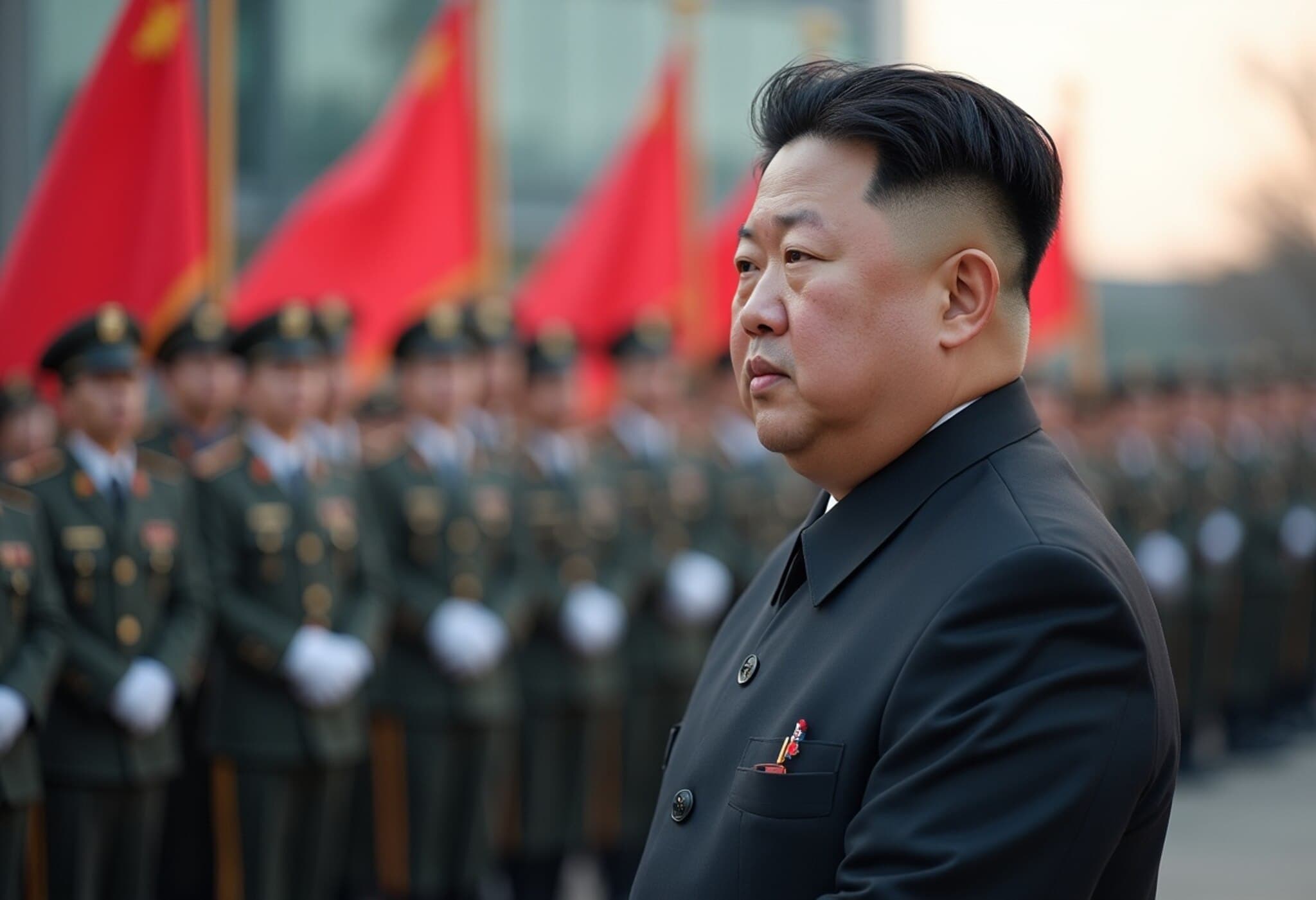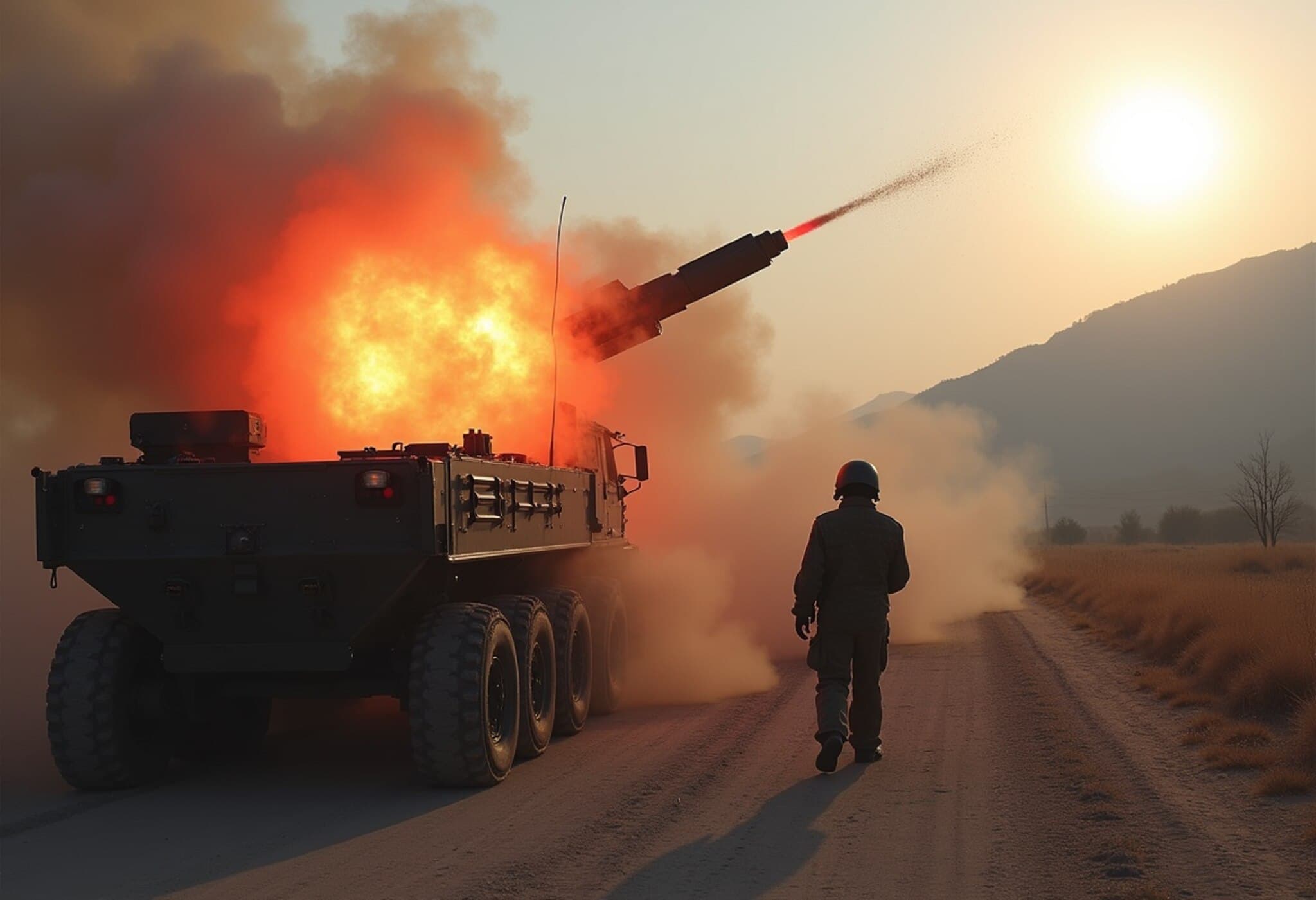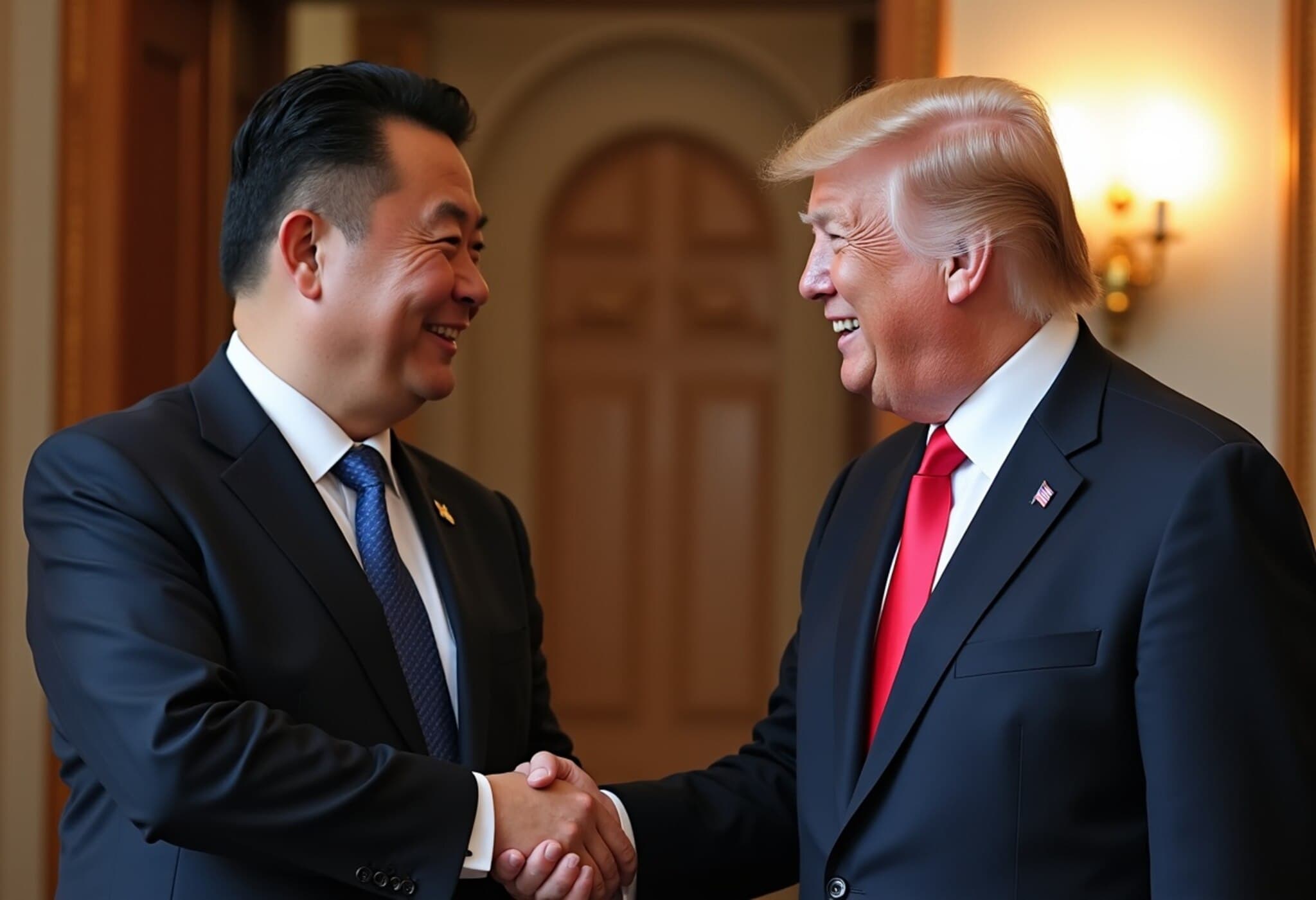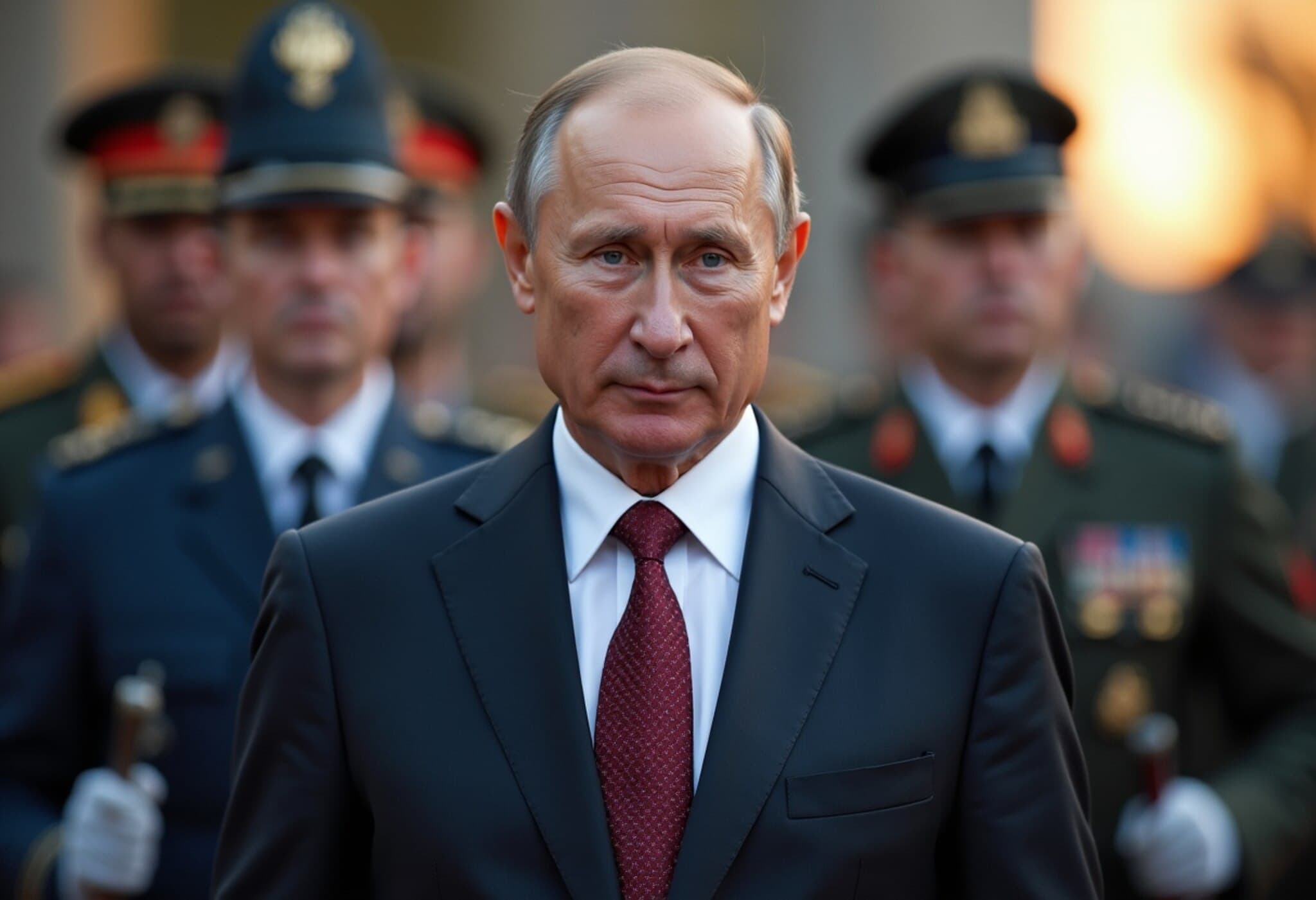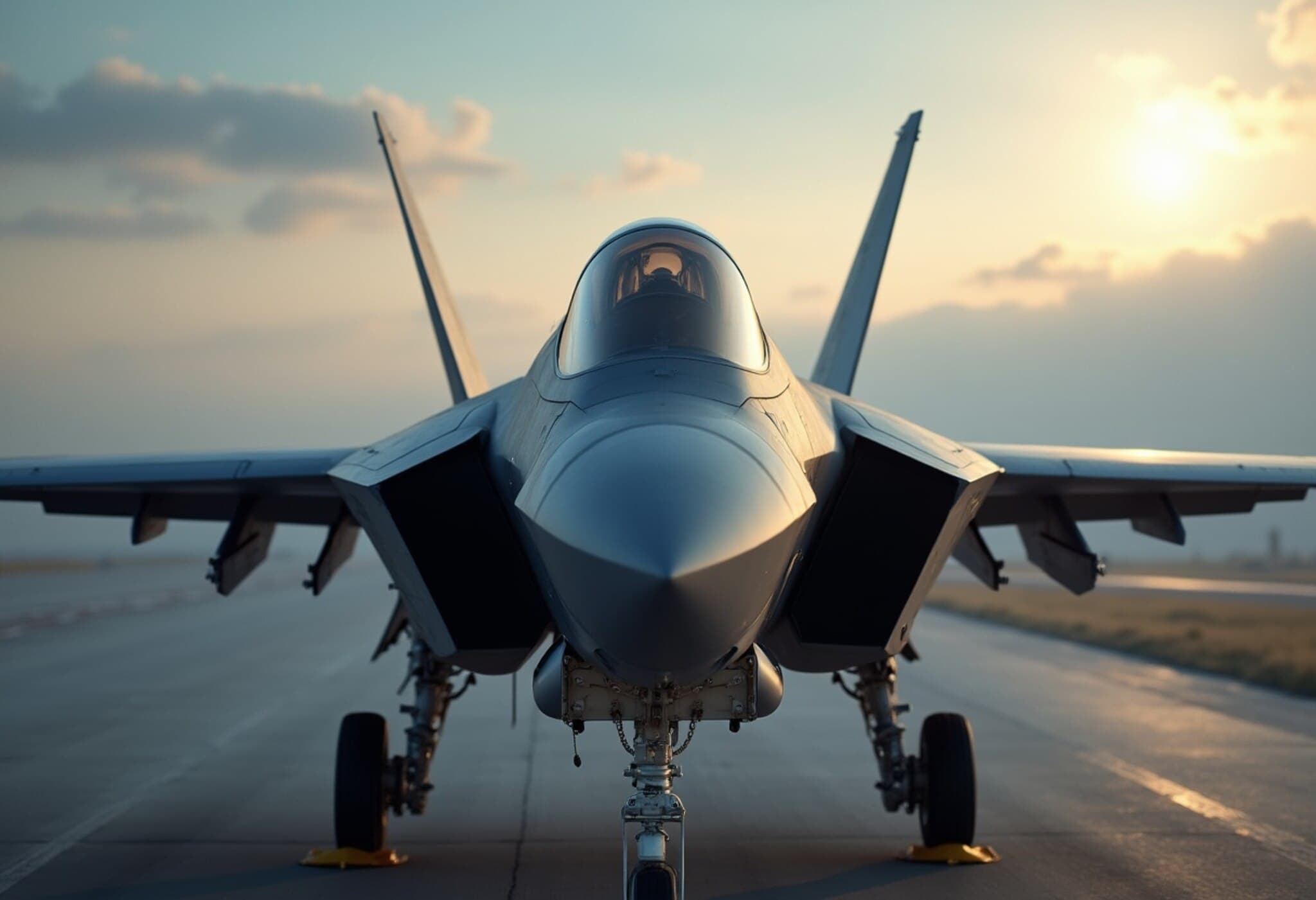South Korea Facilitates Rare Repatriation of Six North Koreans Amid Diplomatic Stalemate
In a rare and cautiously optimistic gesture reflecting complexities in inter-Korean relations, South Korea has returned six North Korean individuals who inadvertently crossed into its waters earlier this year. The repatriation, officially confirmed by Seoul’s Ministry of Unification on July 9, 2025, marks the first such move under President Lee Jae-myung’s administration, signaling a nuanced approach towards Pyongyang amid sustained diplomatic freeze.
The Story Behind the Return
Among those returned were four sailors who drifted beyond the contested maritime boundary in May, alongside two others who entered South Korean waters in March and stayed for an unprecedented four months — the longest duration on record for non-defectors in the South. Notably, these individuals expressed a strong desire to return home, influencing Seoul’s decision to facilitate their safe transfer back to the North.
The handover transpired at sea during early morning hours, witnessed by North Korean patrol vessels and fishing boats. Although Pyongyang has not publicly acknowledged this repatriation, analysts speculate that a discreet, behind-the-scenes agreement underpinned the operation, showcasing a fragile channel of communication persisting between the two Koreas despite official severance.
Security Concerns and Interrogations Await Repatriates
Nam Sung-wook, former head of the Korea National Strategy Institute, emphasized the practical and security dimensions of the repatriation. “If you set a boat adrift in the vast ocean without coordination, there’s a real risk it could drift away again,” Nam explained, pointing to the uncertainty entailed in such movements. Experts widely anticipate that North Korean authorities will conduct rigorous interrogations to assess whether the returnees engaged in any espionage activities or witnessed sensitive information, reflecting longstanding suspicion in Pyongyang about crossing individuals.
Diplomatic Context: Severed Channels and Tentative Steps Forward
The repatriation unfolds against a backdrop of bleak inter-Korean relations. Since April 2023, Pyongyang has cut all official communication lines with Seoul, and in a striking posture, North Korean leader Kim Jong Un declared unification unattainable merely eight months ago. As a result, the United Nations Command remains the primary channel for formal notifications — Seoul reported issuing two repatriation notices through this route but initially received no response, highlighting diplomatic rigidity.
Michael Madden, a North Korea expert at the Stimson Center, noted caution on both sides. Pyongyang mistrusts lingering elements of the previous South Korean administration under Yoon Suk Yeol, while Seoul is wary of international criticism possibly labeling the repatriation as politically motivated or coerced. The return effort notably accelerated only after Lee Jae-myung assumed the presidency in June 2025.
Voices of Concern: Defectors and Activists React
The decision to return these North Koreans has sparked unease among defectors and civil society activists in South Korea. Lee Min-bok, a well-known defector and activist, expressed disappointment: “They should have been given a chance to engage with defectors and understand South Korean society better. If I could speak with them, I would clarify the realities of inter-Korean history and caution them about possible retribution from the North's regime.”
Lee Min-bok also warns that the current government's conciliatory posture might curtail activism, especially amid legislative discussions in Seoul aiming to ban balloon leaflets disseminating anti-regime propaganda across the border — a historically contentious issue in inter-Korean dynamics.
President Lee’s Diplomatic Vision and Regional Realities
Since taking office, President Lee Jae-myung has sought to restore dialogue and reduce tensions. An early policy move involved suspending loudspeaker broadcasts into North Korea, aiming to rebuild trust and pave the way toward peace on the Korean Peninsula. However, skepticism persists among analysts regarding the prospects for substantive reconciliation.
Celeste Arrington, director of the Institute for Korean Studies at George Washington University, highlights the challenge North Korea faces, given its expanding military and economic ties with Russia. “North Korea currently has little strategic incentive to engage meaningfully with Seoul,” she points out, casting doubt on a near-term revival of diplomatic communication or substantive inter-Korean negotiation.
South Korean Public Opinion and the Road Ahead
Public sentiment in South Korea remains guarded. After years of fractured ties and failed summits, most South Koreans are cautiously watching developments, reluctant to embrace renewed engagement without clear benefits or security guarantees. For now, efforts to rebuild trust across the heavily militarized border encounter silence or equivocal responses from the North.
Conclusion: Navigating Uncertain Waters
The repatriation of six North Koreans embodies the delicate complexity underpinning inter-Korean relations today: a mixture of humanitarian considerations, security concerns, political symbolism, and strategic calculation. While it represents a rare moment of interaction amid frozen ties, it also underscores the challenges ahead — from managing activism and civil liberties in the South to unlocking pathways for meaningful dialogue in a changing geopolitical landscape.
Editor’s Note:
This unprecedented repatriation invites several pressing questions: How might Seoul balance humanitarian impulses with national security? Could this gesture herald a thaw or remain an isolated incident in a prolonged stalemate? And critically, what role do international stakeholders and domestic public opinion play in shaping the future of the Korean Peninsula? Watching these developments, one is reminded of the ocean’s unpredictability—where hope and risk drift side by side, as fragile as the vessels that cross these contested waters.

